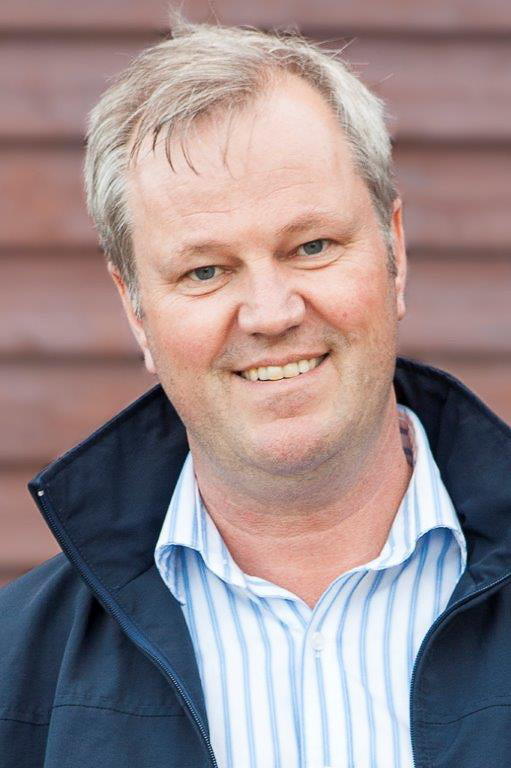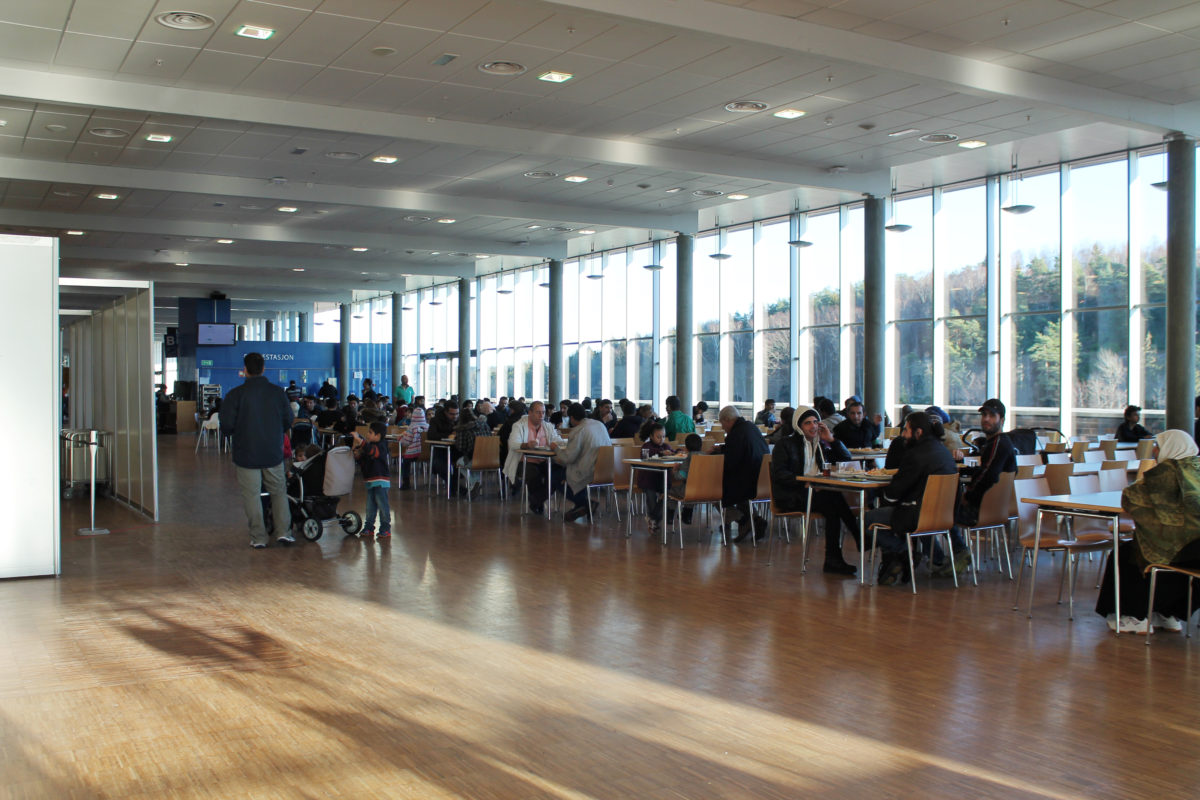The current flow of refugees to Europe is the biggest humanitarian crisis after WW2. People are fleeing from war-torn countries, and at the end of September 2015, Oslofjord Convention Center signed an agreement with UDI (The Norwegian Directorate of Immigration) for the emergency accommodation of refugees at Oslofjord until January 31st, 2016.
For more than 3 months we operated as a refugee buffer hotel, and Nils Vedvik, HSE manager, thinks that planning was a challenge.

– We are used to planning events for 1000 guests, so the number of guests hasn’t been anything special. Usually we are already communicating with the customer many weeks, even months, in advance. Guest lists, accommodation lists and arrival dates are usually in place well in advance. In this case, we often didn’t know when guests would arrive, or how many they were, until just a few hours or even 30 minutes before arrival. Also, they usually arrived during the night.
In this case, we often didn’t know when guests would arrive, or how many they were, until just a few hours or even 30 minutes before arrival.
Nils believes that planning wasn’t the only challenging thing.
– We thought that the language was going to be challenging, but with the 2 translators we hired, and the fact that many refugees spoke English, most challenges were solved. If we are going to highlight a major challenge, it must have ben the long duration of stay. The plan was that they should live here for 1-7 days, but in reality it was 1-7 weeks. The fact that they weren’t given a daily allowance, combined with the long period of stay, created some frustration among the residents. They weren’t able to buy themselves things like cigarettes and necessary hygiene items. We had to resolve this in different ways.
Swine flu was taken seriously
It also came to our knowledge that some of the refugees were infected with the swine flu. Swine flu is a viral disease that can be transmitted via droplets. The swine flu has become one of the regular seasonal flu viruses. The virus cannot survive outside of the human body. The sickness is not considered serious, but we still put in place preventative measures so that the fewest possible people would be infected.
– We received good advice and recommendations from Stokke’s public health physician. We followed these recommendations. They included information about the facts as well as information about what preventative measures individuals could take. In situations like this, there can easily be a lot of fear and chaos. That’s why information is so important. The Stokke community also offered vaccinations for all employees.
We would like to thank UDI, Stokke community, Red Cross, Securitas (security company), Police, the county governor, and others for good cooperation. The emergency accommodation of refugees operation is now finished, and we look forward to coming events in 2016!


